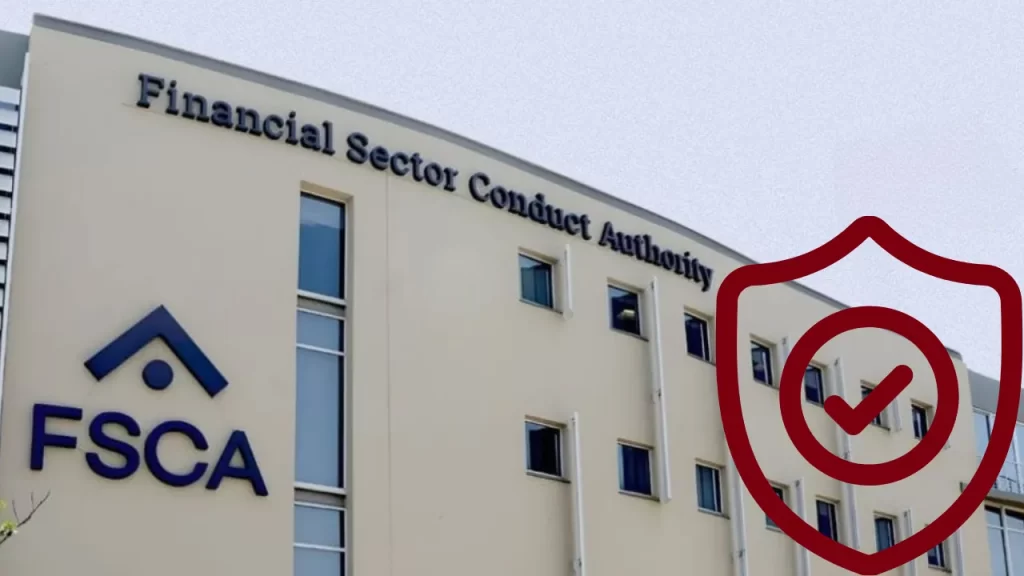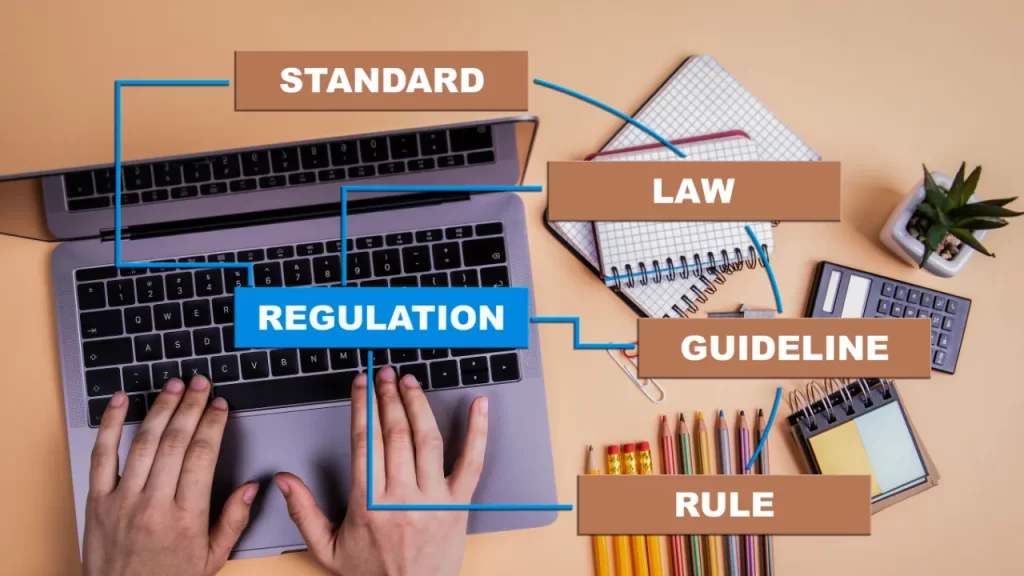CFD trading has gained significant popularity in South Africa, offering traders the ability to speculate on various financial markets without owning the underlying assets.
However, many traders wonder whether CFD trading is legal in South Africa and what regulations govern the industry.
This article provides a detailed look into the legality of CFD trading in South Africa, the regulatory framework, and key considerations traders should be aware of before entering the market.

The Legality of CFD Trading in South Africa
CFD trading is legal in South Africa and regulated by the Financial Sector Conduct Authority (FSCA).
The FSCA is responsible for overseeing financial services providers, ensuring that they operate transparently and adhere to strict regulatory standards.
As a result, South African traders can legally engage in CFD trading with locally regulated brokers and certain international brokers that accept South African clients.
However, it is crucial to ensure that the broker is properly licensed and complies with regulatory guidelines.

Who Regulates CFD Trading in South Africa?
1. Financial Sector Conduct Authority (FSCA)
The FSCA is the primary regulatory body overseeing CFD brokers and other financial service providers in South Africa.
It was formerly known as the Financial Services Board (FSB) before its rebranding in 2018.
The FSCA’s role includes:
- Issuing licenses to legitimate CFD brokers operating in South Africa.
- Ensuring compliance with financial laws and consumer protection measures.
- Monitoring financial markets to prevent fraudulent activities.
- Providing traders with access to dispute resolution services in case of broker misconduct.
2. South African Reserve Bank (SARB)
While the SARB does not directly regulate CFD trading, it oversees financial market stability and ensures that forex-related transactions comply with exchange control regulations.
3. South African Revenue Service (SARS)
The SARS requires South African traders to report earnings from CFD trading and pay applicable taxes. CFD profits are generally subject to capital gains tax (CGT) or income tax, depending on the nature of the trading activities.

How to Verify a Broker’s Legitimacy in South Africa
To ensure you are trading with a legally compliant and regulated CFD broker, follow these steps:
- Check FSCA Registration: Visit the FSCA website and look up the broker’s registration number.
- Review Regulatory Disclosures: Legitimate brokers clearly state their regulatory status on their website, including their FSCA license number.
- Read Online Reviews: Look for feedback from other South African traders about the broker’s reliability, withdrawal process, and customer support.
- Confirm Segregation of Funds: Reputable brokers keep client funds in separate accounts from company operational funds to ensure financial security.
Risks of Trading with Unregulated Brokers
While CFD trading is legal in South Africa, traders must be cautious of unregulated offshore brokers that operate without FSCA oversight. Engaging with an unregulated broker poses several risks:
- No Legal Protection: The FSCA cannot assist traders in case of disputes with unregulated brokers.
- Higher Risk of Fraud: Unregulated brokers may manipulate prices, delay withdrawals, or engage in deceptive practices.
- Lack of Fund Security: Without regulation, there is no guarantee that client funds are held in segregated accounts.
For optimal safety, traders should always choose brokers that are FSCA-licensed or regulated by reputable international authorities such as the Financial Conduct Authority (FCA) in the UK or the Australian Securities and Investments Commission (ASIC).

Key Regulations Impacting CFD Trading in South Africa
Several financial laws and regulations govern CFD trading in South Africa. These include:
- Financial Advisory and Intermediary Services (FAIS) Act: This law ensures that financial service providers operate ethically and transparently. It also protects traders from misleading investment advice.
- Protection of Personal Information Act (POPIA): Regulated brokers must comply with data protection laws, ensuring that traders’ personal and financial information remains secure.
- Exchange Control Regulations: The SARB imposes rules on forex trading and international money transfers, which can impact deposits and withdrawals for CFD traders using offshore brokers.

Tax Implications for CFD Traders in South Africa
Profits from CFD trading are considered taxable income in South Africa. The South African Revenue Service (SARS) classifies trading profits under two categories:
- Capital Gains Tax (CGT): If CFDs are traded as a long-term investment, profits are taxed under capital gains tax rules. The effective tax rate varies based on individual income levels.
- Income Tax: If trading is conducted frequently (as a business or primary income source), profits are taxed as ordinary income tax, based on the trader’s tax bracket.
Traders are advised to consult a tax professional to ensure compliance with SARS regulations and properly declare their earnings.
Final Thoughts
CFD trading is completely legal in South Africa, provided traders use FSCA-regulated brokers or well-established international brokers with strong regulatory oversight.
Understanding the legal framework, tax obligations, and potential risks is essential for anyone looking to engage in CFD trading.






